Quite a lot of the readers of this blog actually are one of the top 1% wealthiest people in the world. But because the majority of our readers lives in developing or emerging countries, they are not. There have been countless discussions why or why not, what we can do to stop the rapid widening of the gap between rich and poor. But what can we actually do? How can somebody help while in their own career stress?
Source: Washington Post chart
Enjoy your wealth – seriously do. Just also recognize your share of responsibility.
Since 2017 we are working on that question. Since 1960, $4.7 Trillion have been donated to development aid with little result. The number of annual donations is growing rapidly to approx $ 1 Trillion per year now. An income of $32,400 per year would allow someone to be among the top 1% of income earners in the world. Multi billionaires today are what was a multi millionaire in the last century.
As part of our work, we met with many members of emerging – or developing countries and realized some shocking situations. We selected the top three reasons and some conclusions together. In late 2018 we completely reworked our approach of helping entrepreneurs. And we realized a path in development aid that has never been touched before.
Identifying the root cause(s)
We were working hard to identifying root causes. We realized, it didn’t happen just randomly. It happened because of many individual reasons. And there are three reasons with the biggest negative impact as far as I can see.
1) GROWING DONATIONS
Mankind donated enormous sums of money to help the poor. Over time as some got richer, they donated more and more. More NGOs have been created to help distribute the aid. All in the very best intentions. Only rarely money goes elsewhere. On the surface it looks good. But when looking under the hood, it looks very different – even dramatic. The money donated did not make a difference. Nobody really know where to start, whom to give it to and so it was given t the poorest. They consumed it, survived, but did not change the economy. A dramatic development happened. As long as donations were flowing into the country, the people got smarter about what to do to get donations and even more donations. Not because they are greedy and lazy – simply because that has become part of their “economy”. The system that we (the developed countries) instituted was simply wrong. Instead of helping the strongest to build an economy we helped the weakest and built nothing. I feel this is the hardest part to admit – but we have to. I spent time with people in Vietnam, Nepal, South Korea, Peru, Germany, Switzerland, Albania…. In the end I came to the conclusion: We have to slowly but steadily stop random donations and make impact specific donations to help build economies if they are actually wanted.
2) ZERO EDUCATION ON WEALTH DEVELOPMENT
Children have on average 20,000 hours of school. This is true for developed countries as well as many emerging countries including Ghana, Nigeria, or Peru. They learn reading, writing, calculating, and learn about history, geography, physics, biology and so forth.
However – not a single hour is given on how to acquire wealth. Creating wealth can now be easily found on the Internet. It’s used by some and the number of rich people is growing rather quickly. In accordance to Investopedia, 75% of the wealthiest people created their wealth as entrepreneur. Every nation is hungry for innovative entrepreneurs. Not because when rich they pay a lot of taxes but their business will fill the tax pockets. In contrast, those who do not know, coming from a background where getting rich is still equal to be “bad and greedy” are obviously falling behind. My conclusion: Offering just one hour to explain that the rich “invest” their money, while the poor “spend” it. Giving some basic information and how to search it on the web would make a huge difference.
3) DEPLETION (Materials & Talents)
The developed world and now the top emerging countries are big in exploiting natural resources from foreign countries for peanuts. But the biggest problem – by order of magnitude – is to get the top talents of the poorest countries out and invite them to more attractive nations. With that we not only steal some top brains but the very foundation of a nation to create their own economy. The top nations in the world had only a very few super smart brains like Alfred Escher, Robert Schindler or Henry Nestle in Switzerland — Carl Benz, Robert Bosch or Werner v. Siemens in Germany — Lee Byung-Chul, Koo In-Hwoi or Chung Ju-Yung in South Korea — or William Shockley, Gordon Moor and Steven Jobs in Silicon Valley. Today it’s easy because most politicians – even in the developed world – simply don’t understand the impact.
DEVELOPMENT FROM WITHIN
With all that said, I personally and wholeheartedly trust that we need to broadly start inspiring and supporting the strongest entrepreneurs in each nation to stay there and realize their entrepreneurial dream, building successful businesses and export their ware as soon as possible. Their genuine creativity, coupled with their few of the local problems and the problems of other developing countries will bring solutions that can turn any of the nation into a developed country – and it won’t take much longer than 20 years. Yes, this goes against all the artificially created ideologies of inclusion and helping all the the ideas of equality and so forth. But the past 70 years has proven that this model did not work – despite 4,700,000,000,000 (4.7Trillion) Dollars investment. At the same time the best of the best get nurtured and funded in Silicon Valley who then continue the rich/poor widening process. If we continue diluting the capital of the rich to just provide charity for the poor, instead of taking at least some money to build out economies that help them develop prosperity from within their society and provide education how ALL members of any given society can participate in that wealth – we will never have enough money to donate.
There are certainly more problems that cause the rich/poor gap. One of the biggest reasons is often pointing to corruption. The more we have been analysing that issue, the more we came to realization it is simply just another loud cry for helplessness, based on poverty and hunger to survive. I’m not defending corrupters but we can do better than pointing at them to find a somebody we can blame (Prosperity Paradox by Clayton Christensen (Harvard), is a good read). And then there are hundreds of tiny issues. But all those issues have been very present in the 1800’s Germany or Switzerland, in the 1950’s farmland of Northern California and even more so in one of the poorest Asian countries: South Korea in the 1960’s.
Consequence
Of course we do not expect that the world is following our concept. For us, the consequence is to build strong and innovative entrepreneurship from within the countries. This is a long and painful path as any startup in the west or in the east, north or south, is taking approximately 10 years to grow from zero to an economy relevant size. But we feel it’s better to start now than hoping for a majical shortcut to become “rich in 30 days”. NGO projects usually go 1 – 4 years. Far too short to actually get anything notable done. And so we are looking for philanthropists, donors and other giving organization that go this long path with us. If you like to help as a volunteer, donor, international investor (investing in promising startups) or in any other capacity – your support is deeply appreciated.

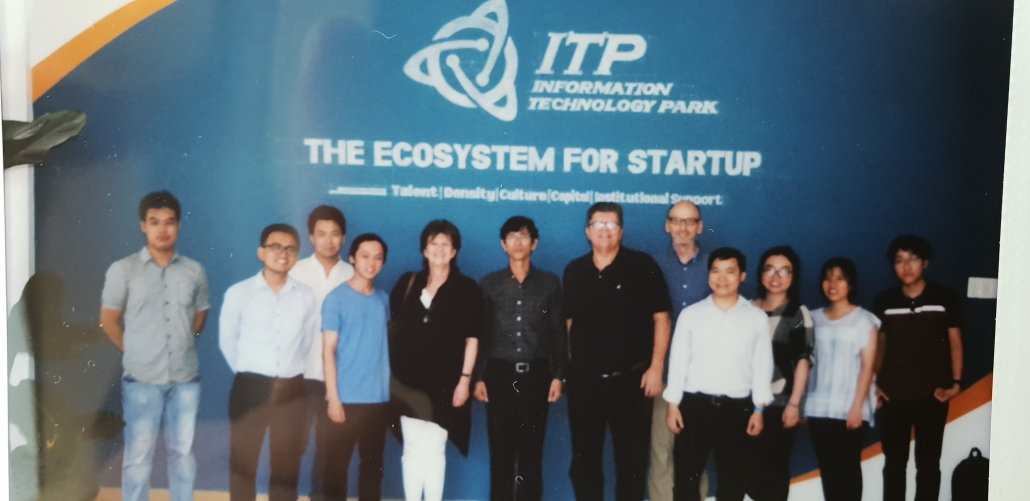
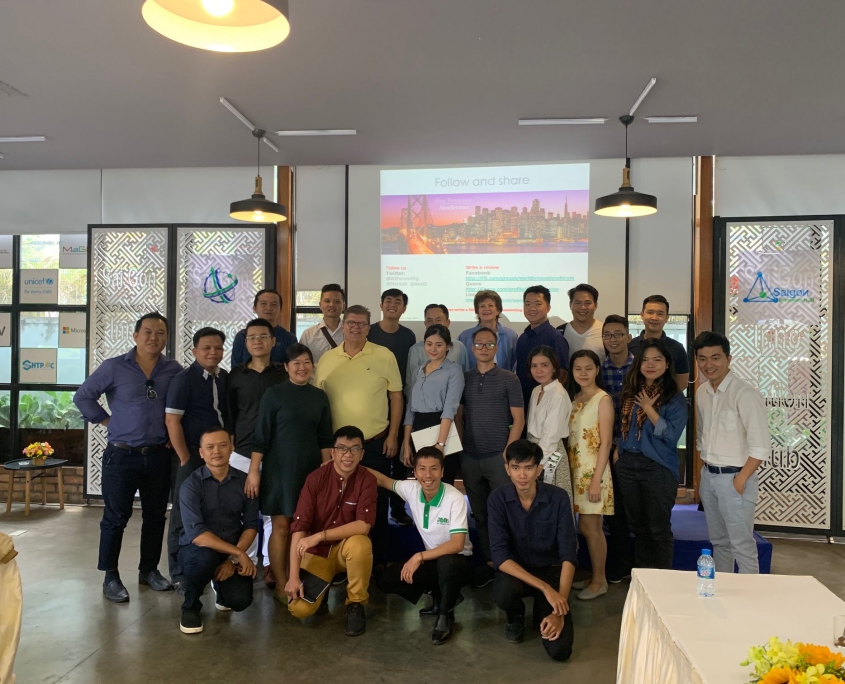
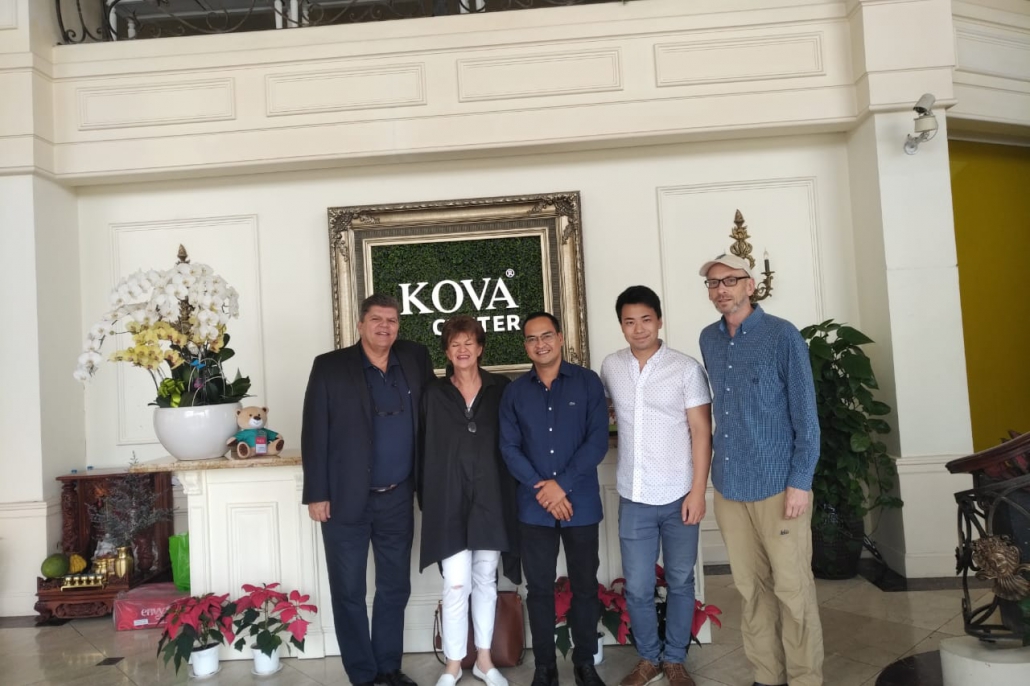
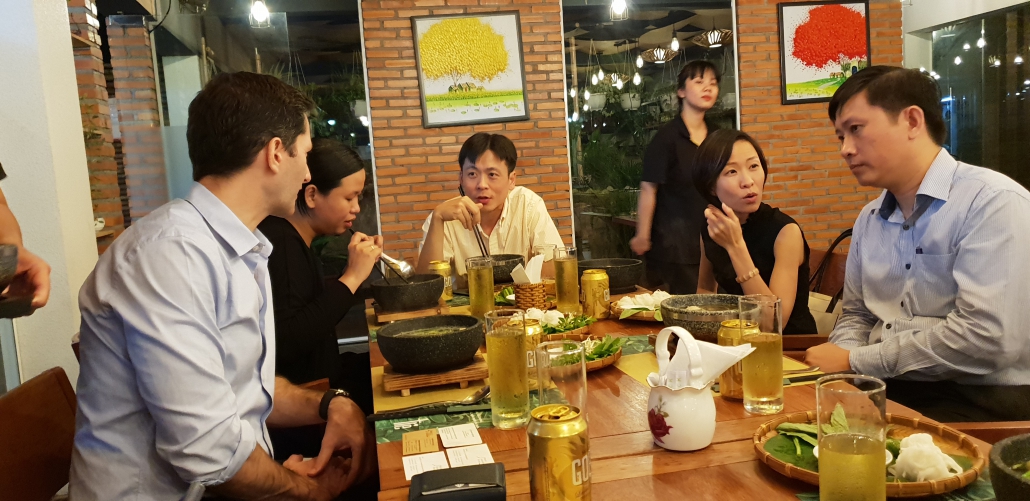
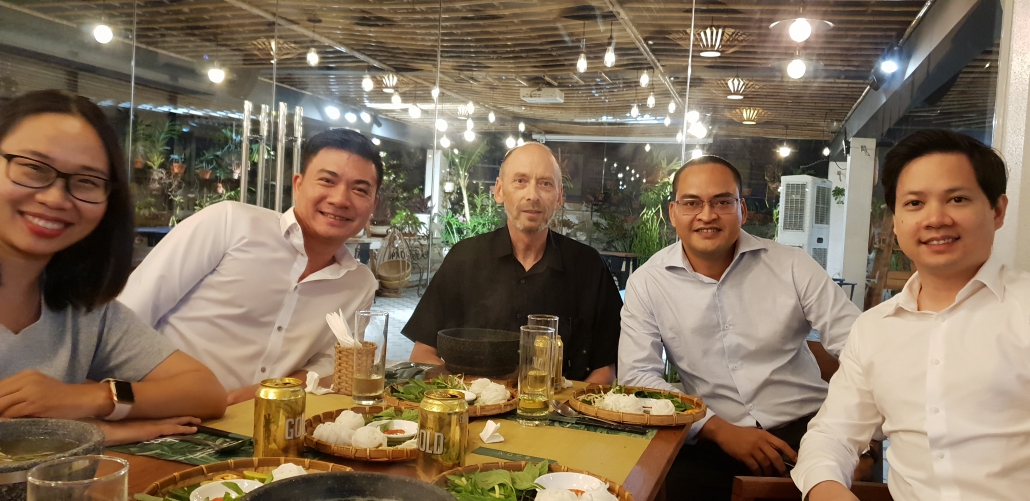
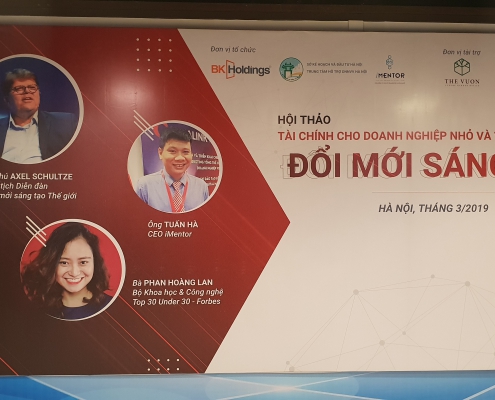
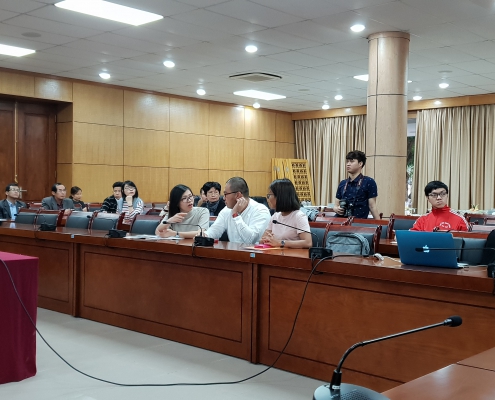
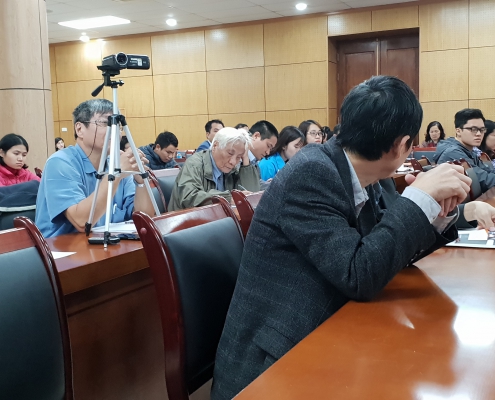
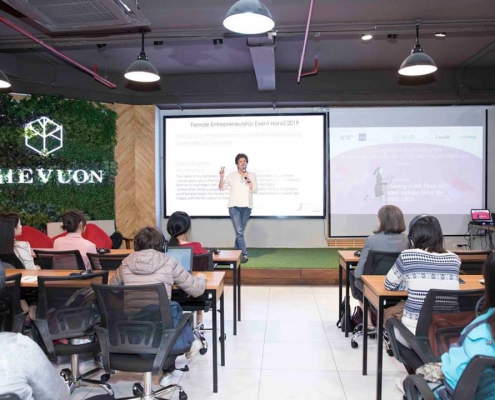
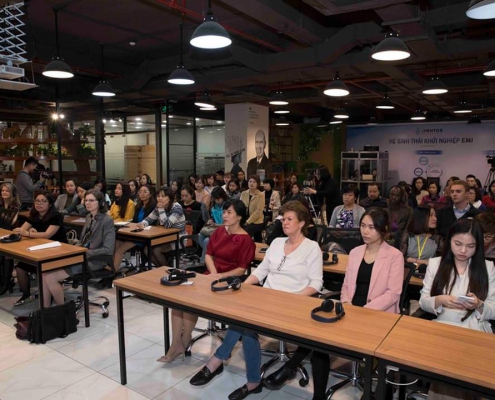
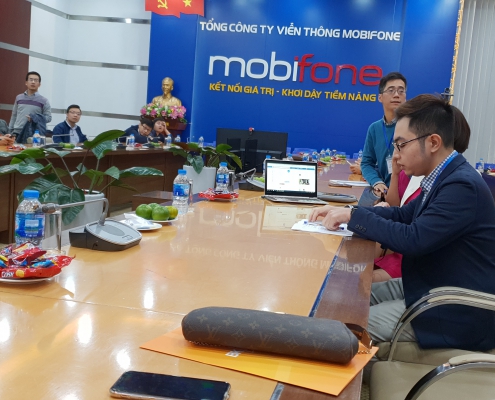
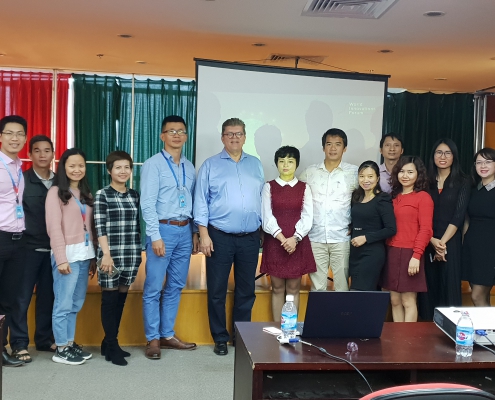
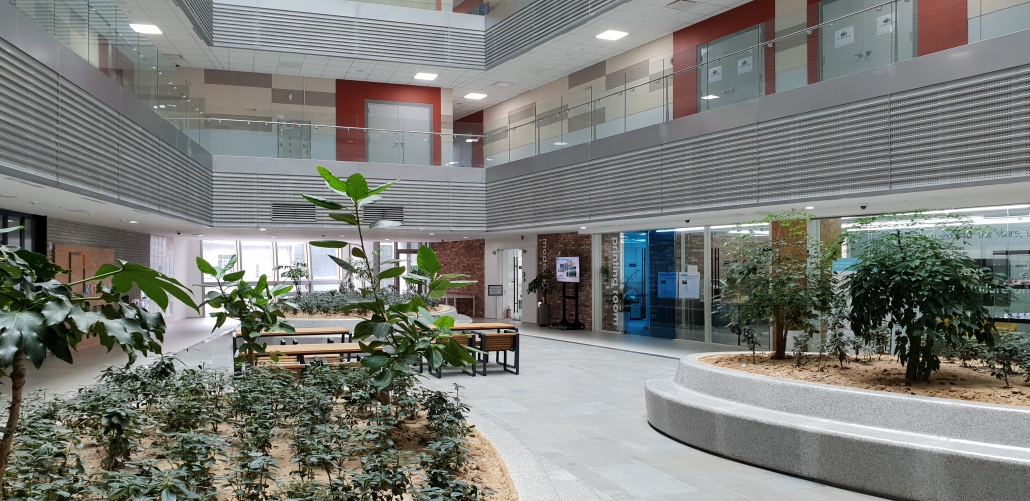
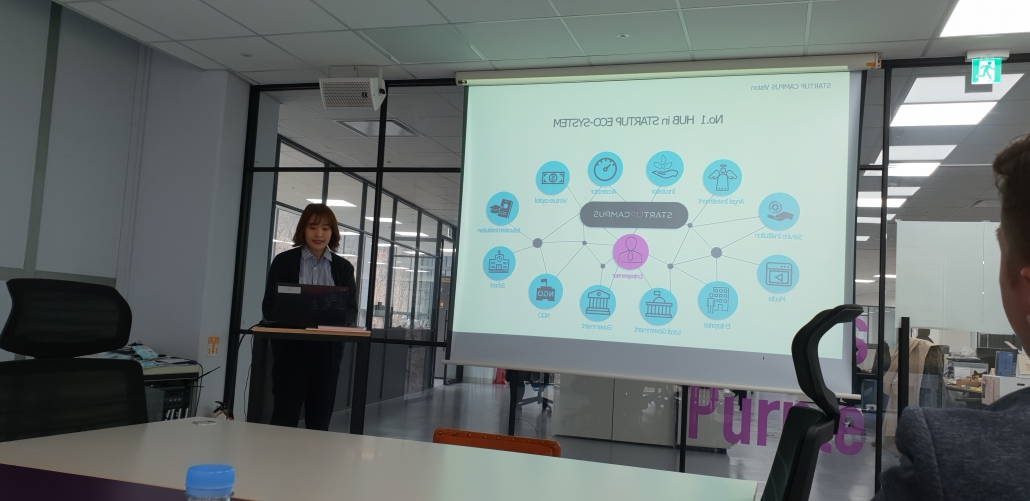 Introduction to the Seoul Innovation Ecosystem, it’s focus to take business global and its quest to build more Samsung, LG or Hyundai type companies.
Introduction to the Seoul Innovation Ecosystem, it’s focus to take business global and its quest to build more Samsung, LG or Hyundai type companies.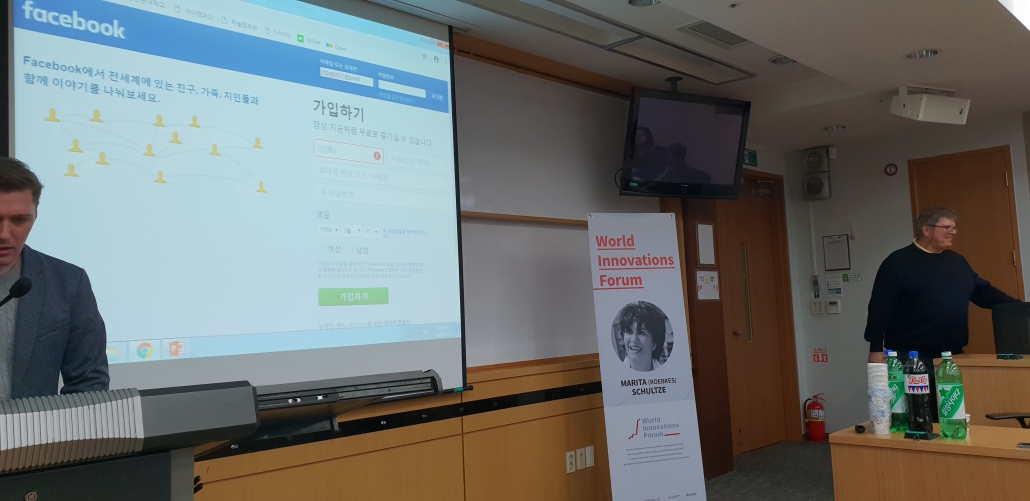
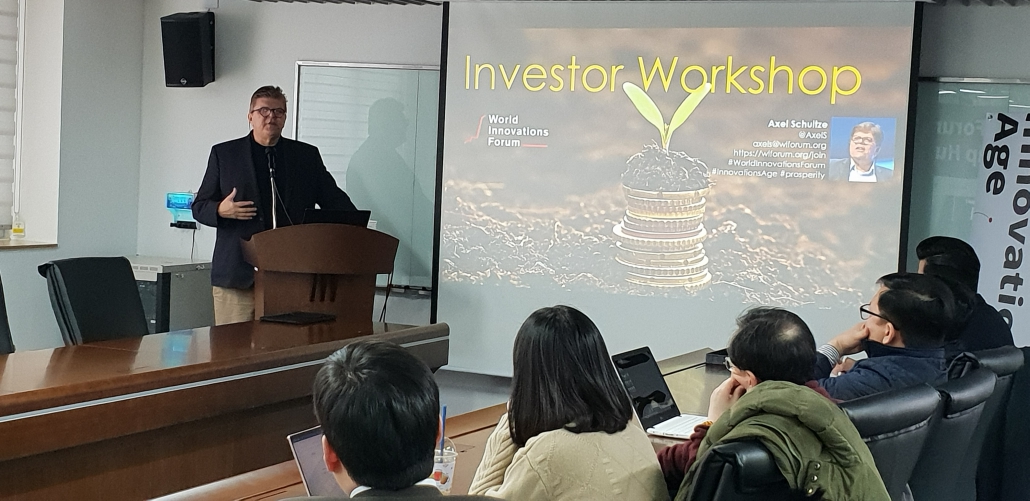

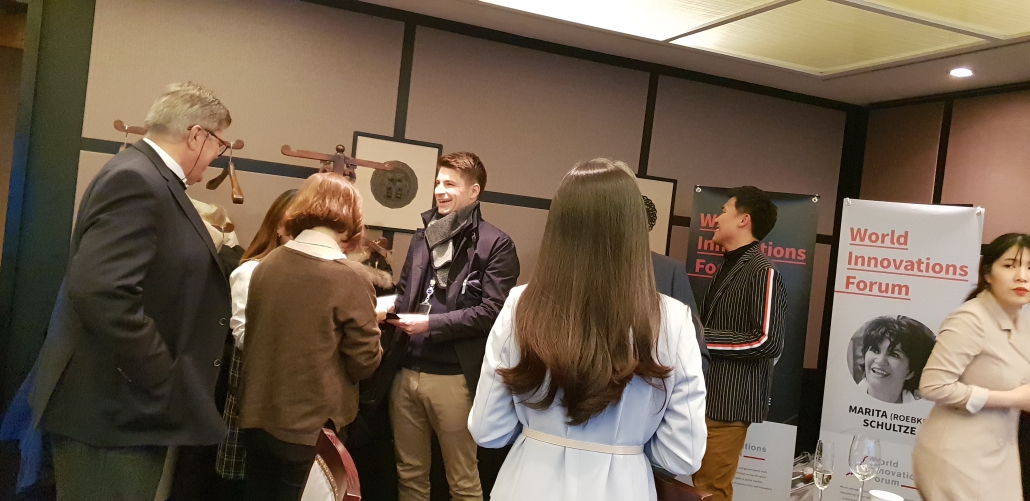
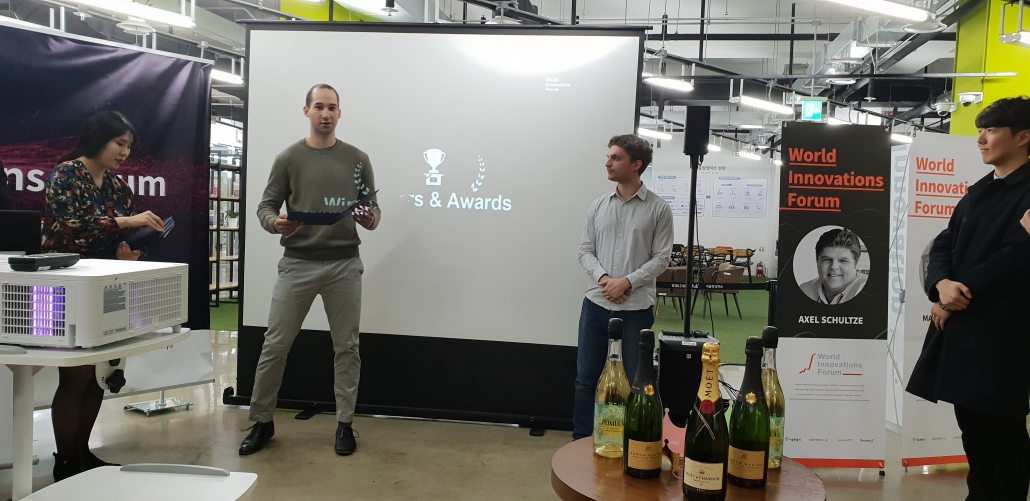
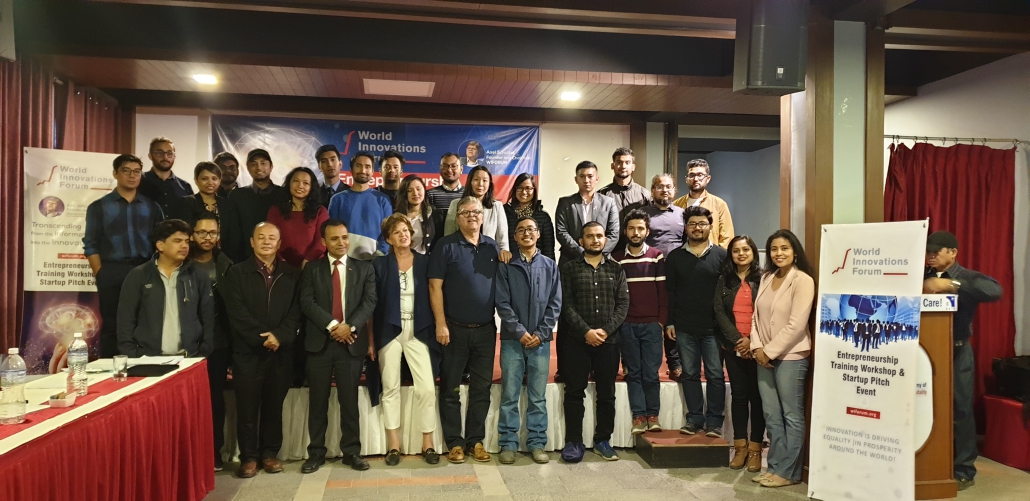
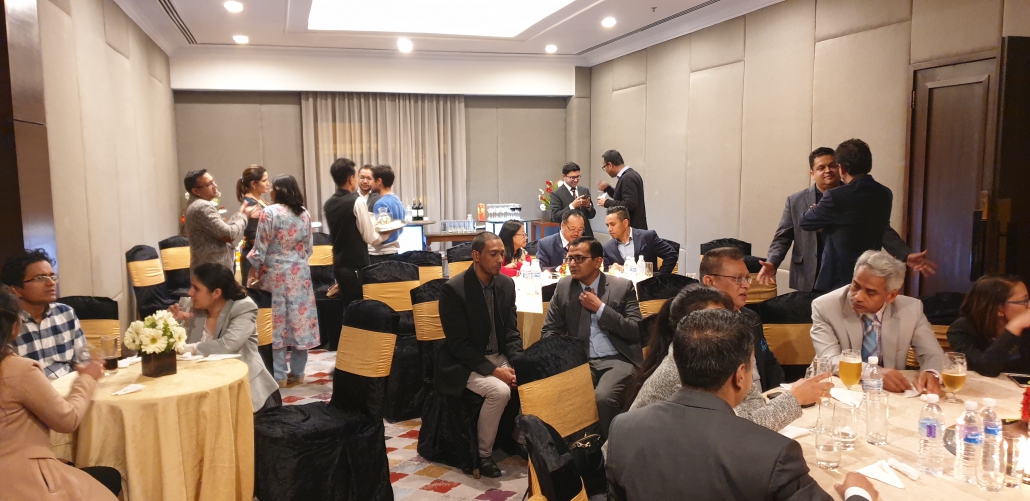
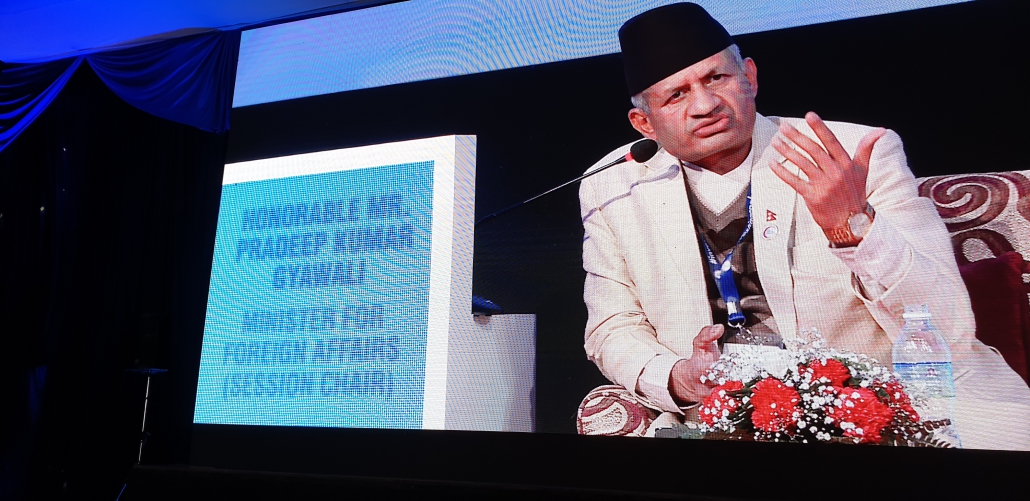
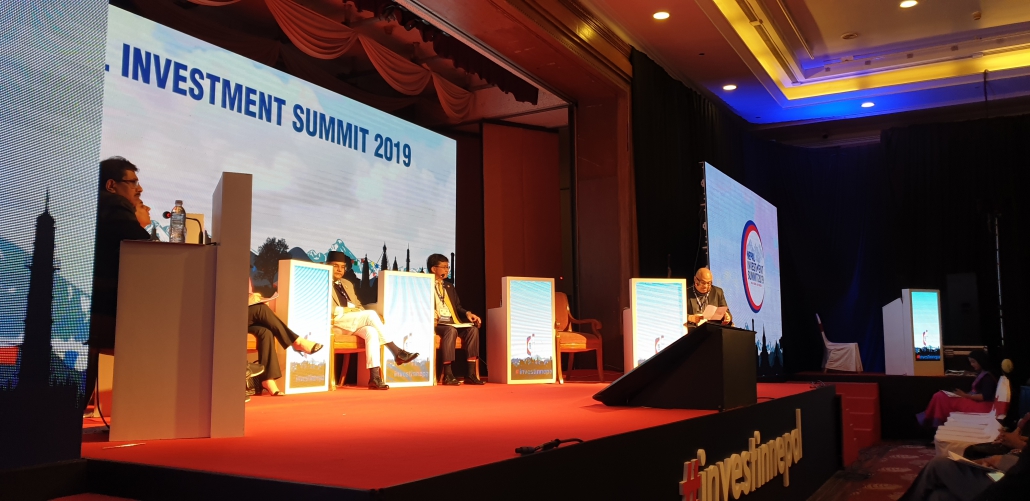
 Do you really need a vision for your business? You don’t NEED anything, it’s YOUR business! But here is what a VISION can do for you.
Do you really need a vision for your business? You don’t NEED anything, it’s YOUR business! But here is what a VISION can do for you.